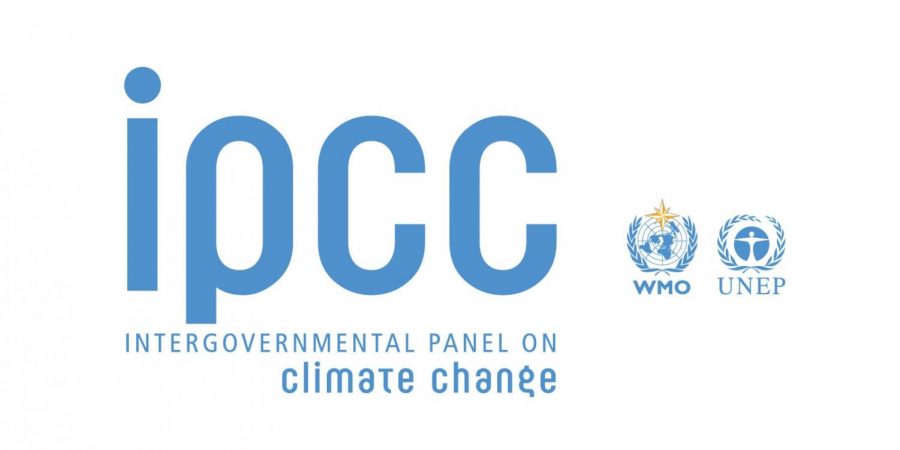We Should Be Worried About Climate Change
November 1, 2018
We Should Be Worried About Climate Change
Nellie Shih ’19, Arts & Entertainment Editor
The UN’s Intergovernmental Panel on Climate Change – the IPCC – has reported that the earth will warm at least 1.5 degrees Celsius by 2040. But, depending on global efforts to ameliorate or ignore current trends, this so-called climate crisis could be exacerbated by the end of the century – at upwards of four degrees of warming. Although the numbers seem rather small, the effects of this warming are tremendously concerning.
A two-degree increase is considered to be a best-case scenario. Even so, most remaining coral reefs would die, there would be annual wildfires and heat waves, and the combination of drought and flooding would call into question the security of the world’s food supply. Equatorial countries would be tremendously affected by global warming, with 32 times as many extreme heat waves, each lasting five times as long. Furthermore, each heat wave would expose 93 times more people to wild fires and drops in agricultural yields. As for major flooding, the natural disasters would stem from the melting of ice sheets, victimizing dozens of the world’s major cities. Even if a sea wall was to be built, construction would take about 30 years – insufficient time to truly save an entire city.
The severity of the world’s future worsens with each degree increase in global temperatures. The consequences include permanent drought: three degrees of warming would put southern Europe in permanent drought, Central America into 19-month droughts, the Caribbean into 21-month droughts, and northern Africa into five-year droughts. Wildfires would occur twice as often in the Mediterranean and six times as often in the US. River flooding would increase 30 times in Bangladesh, 20 in India, and 60 in the UK. The furthest extreme, a four-degree temperature increase, would cause eight million cases of dengue fever every year in Latin America alone. Furthermore, that magnitude of warming could cause a drop of 50% in global grain yields, prompting annual food crises.
After years of scientists believing the publicizing of worst-case scenarios to be just as harmful as denial, they now proclaim we should be aware of how worried we really need to be: four degrees of warming is over twice as much as most scientists believe to be possible to endure as a civilization. It is now believed that public panic could be more beneficial than harmful, as it could lead to public pressure followed by direct action. But, in order to truly avoid catastrophic warming, there are several requirements: a complete rebuilding of the entire energy infrastructure of the world, a reworking of agricultural practices to eliminate carbon emissions from farming, and cultural changes in the wealthy West. Ultimately, all of this must be done in the next two – or possibly three – decades.
The IPCC’s full report can be found here: http://report.ipcc.ch/sr15/pdf/sr15_spm_final.pdf



